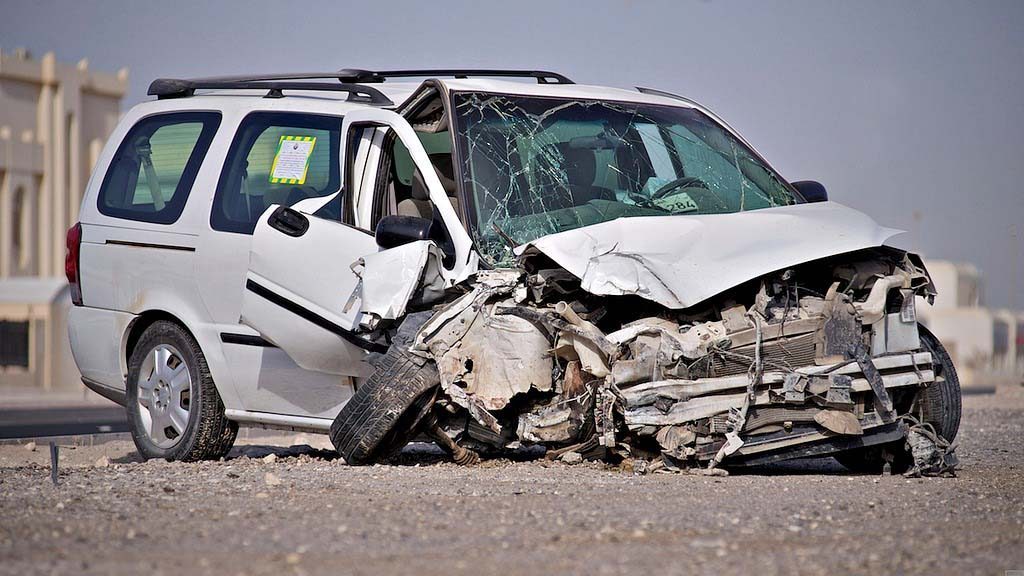
A new study has concluded that Qatar racked up a bill of approximately at $4.8 billion (QR17.6 billion) over the past six years from the fallout of road traffic accidents.
Annually, that comes out to 2.7 percent of the country’s gross domestic product (GDP), a number that is rising, according to the Qatar Road Safety Studies Center (QRSSC) at Qatar University.
Researchers there looked at the overall cost of accidents on the country’s roads, including the bill for emergency and ongoing care for the injured, the value of damaged property and any resulting insurance and legal costs.
The full research document is not yet available to the public, but a summary released by the university puts the overall bill in the six years between 2007-2012 at $4.8 billion (QR17.6 billion).
The annual amount is increasing each year, from QR2.5 billion in 2007 to QR3.2 billion in 2012, reflecting the escalation in traffic incidents over the period.
Figures released by Qatar’s traffic department in 2012 showed that the number of accidents resulting in injury jumped nearly 12 percent that year, with nearly 1.2 million traffic violations being issued.
The new 2013 figures were expected to be released months ago, but have yet to be disclosed to the public.
Human cost
The QRSSC research also outlines the human cost of Qatar’s traffic safety problem, detailing 1,289 road accident-related deaths between 2007 and 2012 – 523 of which were drivers, 377 passengers, and 389 pedestrians.
The vast majority (92 percent) of these victims were male, and most deaths occurred in busy areas prone to traffic jams and well-known accident black spots, the research found.
The study’s authors say that they hope their report will help engineers redesign these accident-prone areas to improve safety, by making adjustments to existing road layouts and lowering speed limits.
As part of this effort, QRSSC is also working on a computer simulation of the D ring expressway – a well known traffic black spot – by modeling its entrances and exits and its total capacity, QU said.
Population surge
Qatar’s traffic woes are due in part to the expansion of the country’s population – with the headcount reaching 2.14 million by the end of March 2014. Recent predictions state that this figure could swell to 2.4 million by the end of the year.
To try to cope with the ensuing pressure on Qatar’s roads, the government is in the midst of a huge road building program to increase the capacity of the road network.
The National Committee for Traffic Safety is also due to issue a report on traffic congestion in a few months, which may include further restrictions on the issuing of driving licenses to expats, a measure recommended by the Advisory Council recently.
Thoughts?







